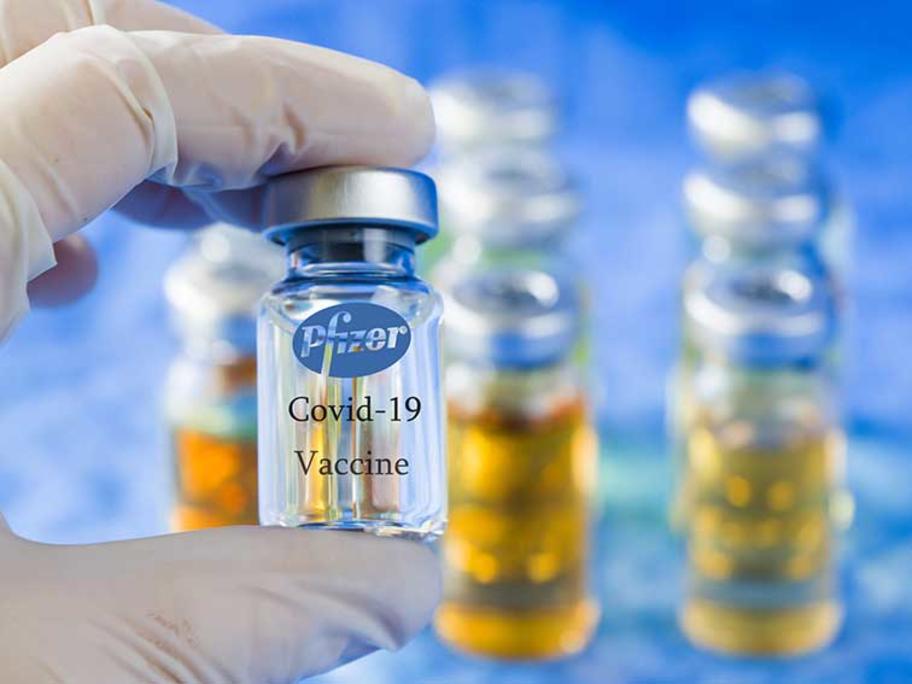Australian Doctor News by Antony Scholefield
Australia’s first COVID-19 vaccine has been approved — Pfizer’s mRNA-based vaccine called Comirnaty.

The TGA announced on Monday morning it had granted provisional approval to the two-dose vaccine that has been given to millions of people across the world already.
The Federal Government said the first of 10 million doses it had ordered would be administered to Australians in late February.
However, this could be delayed until early March because of on-going worldwide shortages.
Unlike the plans for AstraZeneca’s vaccine, the Pfizer vaccine cannot be made in Australia.
It has been approved for those aged 16 and over. The original expectation was that it would be approved for those aged 18 and over.
Importantly, the TGA is recommending that doctors vaccinate those aged 85 or older on a case-by-case basis.
Concerns have been raised about the risks of the vaccine in very frail patients, after the Danish regulator announced it was investigating 23 deaths of patients who were given the vaccine in aged care homes.
However, the Australian Technical Advisory Group on Immunisation (ATAGI) will provide doctors with more advice on the risk and benefits of vaccination older patients.
For pregnant women, administration of the vaccine should only be considered when benefits outweigh the risks, the TGA said.
The TGA’s stressed that no pregnant women were included in the original trials.
Patients will have to be observed for at least 15 minutes in case of anaphylaxis.
The second dose should only be administered at least 21 days after the first.
The TGA said the vaccine was 95% effective. However, it’s not yet known how long protection lasts, or whether the vaccine prevents transmission of the virus.
Health workers in high-risk setting, people working in border control and hotel quarantine and aged care staff and residents will be prioritised under the Federal Government’s rollout plan.
Under Australia’s COVID-19 vaccination plan, the Pfizer vaccine will be administered to high-risk patients in 30-50 vaccination ‘hubs’, mostly based in hospitals.
In some rural areas, GP practices may be used.
The vaccine has to be stored at -70ºC, although it can be kept in a normal vaccine fridge for five days before administration.
The watchdog’s approval will be valid for two years on the basis that Pfizer continues to provide post-marketing reports on its safety and long-term efficacy.

